
Neighbors of the oil field are concerned about the safety of their drinking water wells, should new drilling and waste disposal edge closer to their properties in the coming years.

Neighbors of the oil field are concerned about the safety of their drinking water wells, should new drilling and waste disposal edge closer to their properties in the coming years.
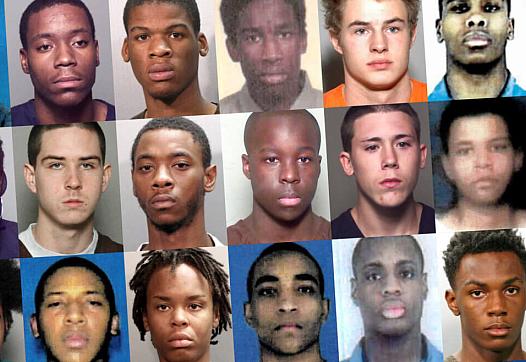
Prison inmates detail the crippling obstacles faced by many of the Jacksonville, Florida children involved in homicides.
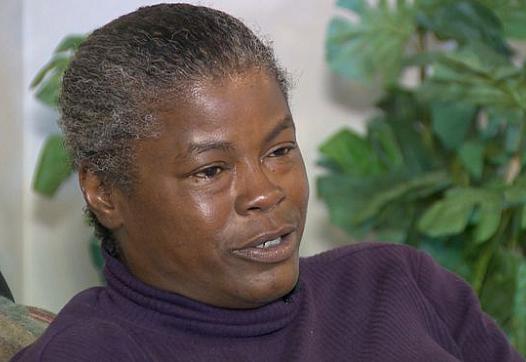
Hope, Humanity & Housing is a series that follows people living on the streets of Sacramento County. Their stories aim to put a face on a complex condition with many stigmas: homelessness.
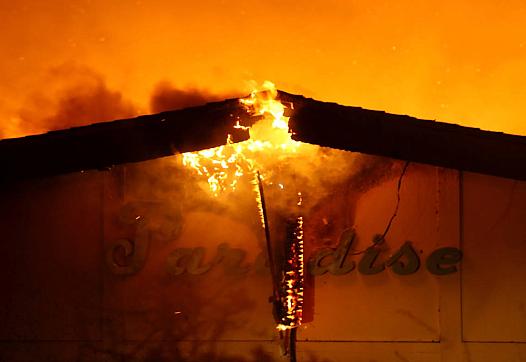
A deadly and growing threat to nursing home patients remains overlooked: extreme heat.

A regional outlet and a national broadcast tell the stories of those kicked off Medicaid in Arkansas due to new work rules with two incisive reports, published the same day.
This article and others forthcoming on this topic are being produced as part of a project for the University of Southern California Center for Health Journalism’s National Fellowship, in conjunction with the USC Annenberg School for Communication and Journalism....
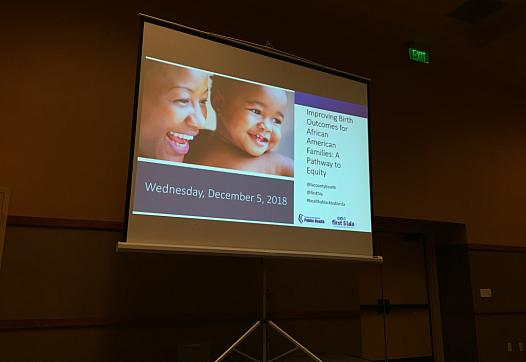
This project received support from the Center for Health Journalism's California Fellowship and its Fund for Journalism on Child Well-being....
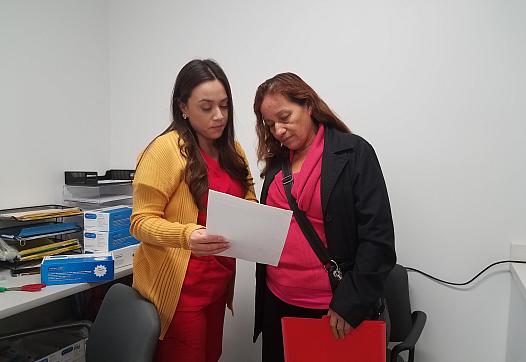
In LA's Boyle Heights neighborhood, a safety net clinic says patients have come to distrust health care in the wake of President Trump's aggressive moves on illegal immigration.
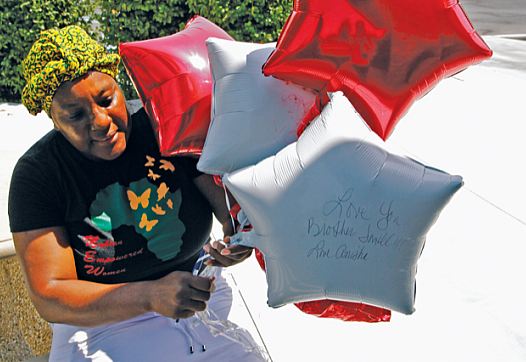
In the final moments of Jontell Reedom's life, viewers see him jogging away from the officers. Moments later, officers would fire eight rounds into him, killing him.

“I try to provide them with the tools to grow, so they can make that decision not to jump in that (stolen car), and not to pick up that gun, because they need to make those decisions when no one else is around.”